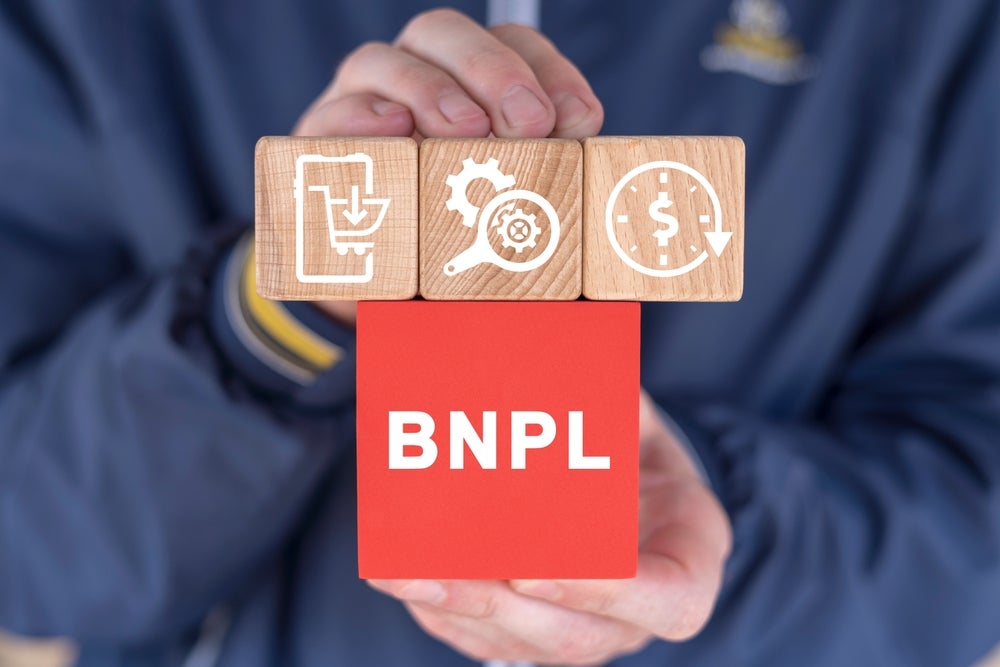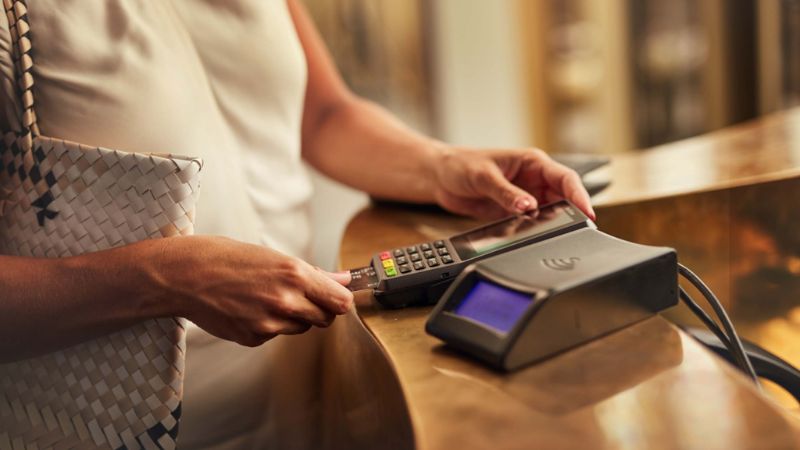As online banking and
e-commerce continue to rocket in popularity, online card
security
is becoming a pressing problem for both issuers and networks.
Louise Naughton
speaks to Visa about its latest solution – the CodeSure
card.
 What do consumers
What do consumers
value above anything else when transacting over the internet? It is
a question that must stay at the forefront of the minds of the
payments industry. A collective thought is that the improvement of
security features is key to the development and ultimate survival
of e-commerce. As more consumers look to purchase goods and
services online, the way payments are conducted over the web will
become ever-increasingly placed under the microscope.
IT security solutions provider
Avira polled its customers worldwide and revealed ‘eye-opening’
results. Some 3,127 responded to the online survey asking if they
trust online banking or if they have concerns about security while
accessing information online.
Just over 20% said they felt
secure, nearly half of the respondents said they conduct online
banking but are concerned about the increase of internet crime and
alarmingly almost a third (31%) claimed never to participate in
online banking, preferring to visit a bank branch in person because
of security concerns.
“This proves that financial
institutions have a long way to go before they persuade most of
their customers to trust doing business online,” says Avira data
security expert Sorin Mustaca.
How well do you really know your competitors?
Access the most comprehensive Company Profiles on the market, powered by GlobalData. Save hours of research. Gain competitive edge.

Thank you!
Your download email will arrive shortly
Not ready to buy yet? Download a free sample
We are confident about the unique quality of our Company Profiles. However, we want you to make the most beneficial decision for your business, so we offer a free sample that you can download by submitting the below form
By GlobalDataVisa claims it has the answer to
such security fears and has developed the interactive CodeSure
payment card.
The CodeSure card comes with an
embedded PIN pad and allows consumers to generate a password by
typing their PIN number directly onto the card. Visa says this
makes ‘Verified by Visa’ online transactions more secure. The card
uses an eight digit alpha-numeric display and has a12-button keypad
and battery embedded in the card designed to last for three
years.
The process of validating an online
transaction using Visa’s CodeSure card commences when the
cardholder activates the authentication process by pressing the
‘Verified by Visa’ option button on the card’s keypad.
When prompted, the customer then
inputs their PIN into the keypad embedded in the card. A one-time
password (OTP) should appear on the card’s display, which is then
used by the cardholder to authenticate the transaction.
Visa is not the first to step into
the interactive card market. Its rival, MasterCard, launched its
‘digital’ debit card with Turkey’s TEB Bank, a subsidiary of BNP
Paribas in June and a ‘digital’ credit card with Taiwan’s Bank
SinoPac in October. Both payment cards were developed in a bid to
tighten security in e-commerce and m-payments.
Visa has moved beyond MasterCard’s
interactive cards and its latest offering does not only set out to
allay security fears when conducting online payments but is hailed
as the first ‘complete card’ as it includes contactless technology
– making the card compatible for contact, contactless and
online-based purchases.
The development and piloting phase
of the CodeSure card lasted two years, during which Riten Gohil,
lead project manager on the CodeSure card for Visa Europe, says a
lot of lessons were learned. Improvements were made in the display,
user inputs and outputs and the general touch and feel of the
keypad on the card.
In November, Switzerland’s Cornèr
Bank was announced as the first financial services group ready to
issue the CodeSure card after a string of trials with eight
European banks. It will begin its roll-out of the product over the
coming months.
Alessandro Seralvo, executive
vice-president of Cornèr Bank and director of Cornèrcard told
CI he has high-hopes the CodeSure card will raise the
profile of contactless technology in Switzerland and benefit from
being tied with the interactive functionality of the card, which
has proved successful among Swiss consumers.
“Contactless is, slowly but surely,
becoming a feature that we are going to see more and more,” says
Seralvo.
“I do believe the contactless
functionality is ‘piggybacking’ on the CodeSure aspect of the card.
We have done so to make sure our customers are ready to utilise
contactless technology as soon as the acceptance infrastructure is
in place.”
Seralvo predicts Switzerland may
see a dramatic increase in the number of contactless-enabled
merchant terminals over the coming years if two of the country’s
biggest retailers keep their promises.
“This is all theoretical as we are
waiting upon signed contracts but the moment these types of
[unnamed] retailers accept contactless is the moment the product is
launched,” he says. “We are getting very close to reaching the
critical mass point in order for the technology to become
successful.”
It is not only banks that are
looking to capitalise on the innovative technology of Visa’s
CodeSure card as pilots are due to get underway to investigate its
success in secure access to UK government services.
Visa Europe, in conjunction with IT
consultancy firm Consult Hyperion and information security advisory
firm Codes and Ciphers, will run the ‘Sure Identity’ pilot
programme, which will test the possibility of using the CodeSure
card to eliminate the need for the government to issue separate
authentication credentials.
While Gohil is hopeful about the
CodeSure card’s future in the payment market, he has realistic
ambitions and acknowledges the technology may not be for everyone.
Yet as consumers become more security-conscious, the CodeSure card
may just be the product to put security fears to bed once and for
all.
Gohil says Cornèr Bank was
essentially at the “right place at the right time” in its bid to be
the first issuer to launch the product and had more time than the
other banks piloting the card to bring it to its customers. It will
not be alone in issuing the CodeSure card for too long however.
“Without pre-empting or announcing
anything, we will start to make other projects with a range of
banks known in the coming weeks,” says Gohil.
“It is exciting that we are getting
a lot of interest from banks that were not involved in the original
pilots that want to deploy the solution.”







